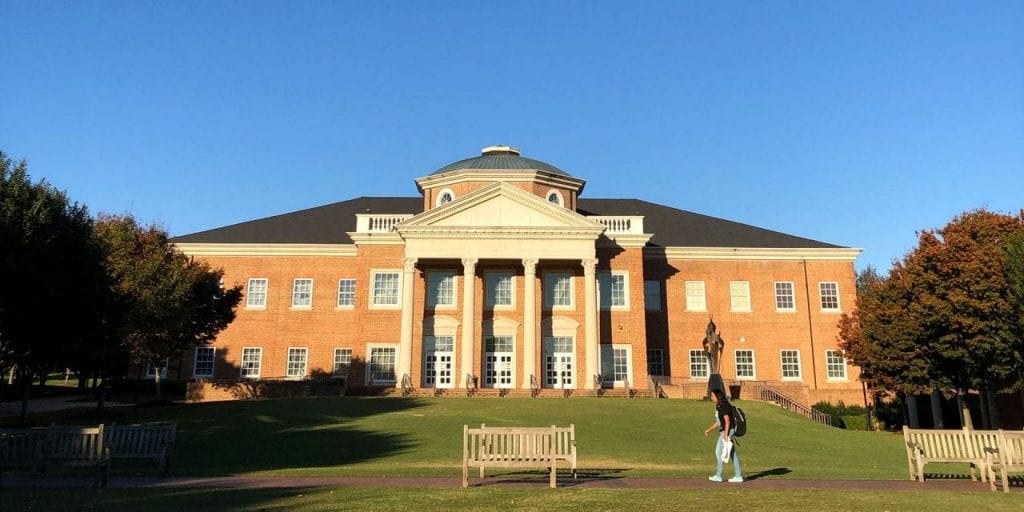From Consumer Reports rankings and IIHS crash safety tests to S&P bond ratings and Michelin stars, we count on processes of independent review to validate the quality of all kinds of goods and services. In the case of schools, independent review comes in the form of accreditation, which Cary Academy is due to renew this year. Of course, any external seal of approval is only as reliable as the rigor of the process required to obtain it. So how does the school accreditation process work, and what does this credential mean for our learning community?
Cary Academy holds accreditation from two well-known and respected regional accrediting bodies, the Southern Association of Independent Schools (SAIS) and Cognia (formerly AdvancED/SACS). We received our initial accreditation in December 2000, and we are required to apply for reaccreditation every five years. The reaccreditation process involves three distinct but related steps.
First, the candidate school must demonstrate compliance with a set of research-based standards for effective school practice. These standards address five major areas: mission, governance and leadership, teaching and learning, stakeholder communications and relationships, and resources and support systems. Writing responses to accreditation standards requires a school to analyze a wide range of academic and operational practices. How, for example, do we approach curriculum design, and how do we use assessment data? How do we ensure fair and ethical admissions? How do we provide learning support services? How do we leverage technology? How do we manage our finances? How do we create an inclusive community? How do we attract, retain and develop our employees? How do we engage our families and our alumni? How do we maintain our facilities and plan for safety? How do we share the story of our school with internal and external audiences? There are a total of 56 standards and indicators to which we must respond, providing evidence of our compliance in the context of our unique mission.
Second, the candidate school must conduct an in-depth self-study that results in the identification of specific and relevant goals for institutional improvement. Cary Academy will meet this requirement through the strategic planning process already underway to create a five-year strategic plan for our school. In keeping with accreditation standards, our strategic planning process is mission driven, comprehensive of all aspects of school life, and includes representatives from all stakeholder groups (board, administration, faculty, staff, parents, students and alumni).
Finally, the candidate school is expected to host a visit from a team of peer educators charged with reviewing the school’s responses to standards and its improvement plan and providing meaningful feedback. We are scheduled to welcome our visiting accreditation team to campus April 5-7, 2020. During this time, the team members will visit classrooms, offices, and other facilities where school activities are conducted. They will also have conversations with many different members of our community, including faculty, staff, parents, board members, and, of course, plenty of students. The visiting team members will then discuss what they have read, heard and observed and develop a series of commendations and recommendations for our school, all captured in a written team report. The report will in addition include the visiting team’s recommendation to SAIS/Cognia regarding our accreditation status.
In short, accreditation is a rigorous independent review process anchored in reflective inquiry and peer feedback. Earning the SAIS/Cognia accreditation seal not only affirms that Cary Academy is meeting essential standards for school quality, but also underscores our commitment to collaborative growth in pursuit of our shared mission goals. While the former is important, it is the latter that aligns most closely with the definition of excellence we have established for our community and cultivate in our learners.

